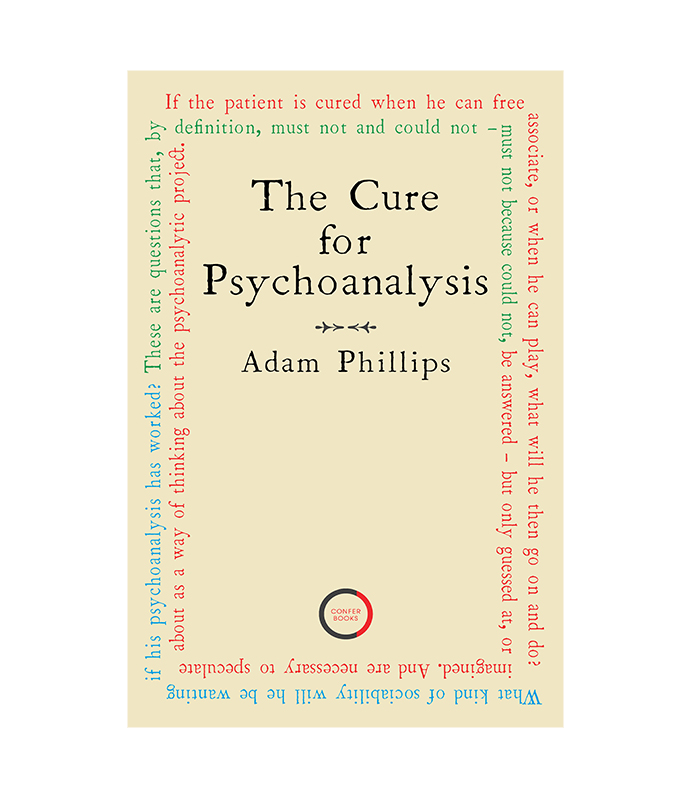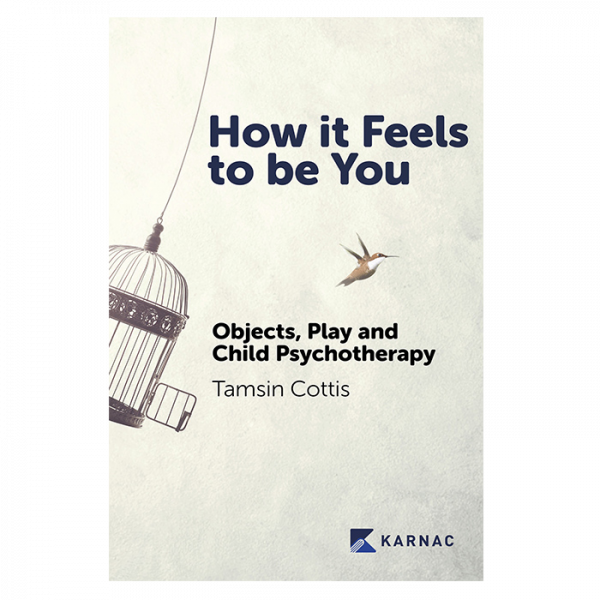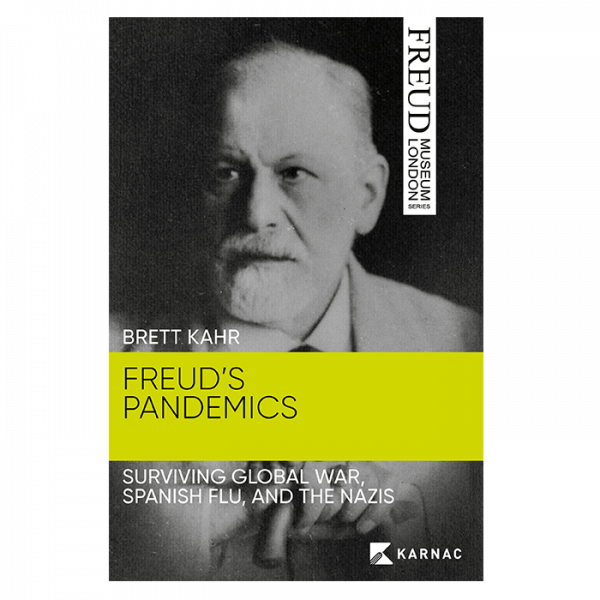In his first essay, ‘The Magic of Winnicott: Playing and reality, and reality’, Adam Phillips makes clear the subtlety and wisdom of Winnicott’s concept of play. Its inspiration came from a wonderful and unanticipated encounter with the extraordinary Marion Milner that plays into and influences the entire essay. In his second, ‘The Cure for Psychoanalysis’, he works through psychoanalytic theories about cure and instructs us to take most seriously those that free the analyst and patient to wonder and to take pleasure in the unknowable adventure ahead of them.
These two thought-provoking writings frame a discussion between the author and Edward Corrigan, analyst and friend, which offers an intimate portrait of two analysts in conversation, thoughtfully reflecting on traditions that inform Phillips’ practice and prolific works. This record of ‘A Day with Adam Phillips’ at The Institute for Contemporary Psychotherapy in New York includes questions and commentaries which demonstrate the creative and open expression encouraged by and reflected in the practice of psychoanalysis itself.






Christopher Bollas, psychoanalyst, author of Meaning and Melancholia, and The Shadow of the Object –
‘We know Adam Phillips to be a remarkable writer but in this wonderfully spirited book we discover he is also an endlessly interesting conversationalist. With his old friend, Ed Corrigan, as a talk-buddy, we are privy to dialogue as a form of performance art. There is genius here; there is good humour; there is joy. It doesn’t get better than this.’
British Journal of Psychotherapy –
‘The book’s call and response format, the supple back and forth movement between Phillips and his audience… serves as an ideal introduction to a by now forbiddingly expansive and continually expanding body of work […] succeeds in reaching into the heart of his thinking to give us its fundamental questions and stakes, especially when it comes to our clinical practice: Why do we bother with psychoanalysis? How does it serve the aim of ensuring life is worth the effort?’
Stillpoint Magazine –
‘As much a philosophy of life as a book about psychoanalysis […] the lay person can pick up this book and grasp its content — there’s no banging your head against technical jargon or impenetrable analytic language. It’s a short book, which you can read in an afternoon, and be all the better for it […] As you leaf through the pages, you are touched by someone who has been in touch with life in many forms […] I could say much more, but I’ll let the magic of the book surprise you too.’